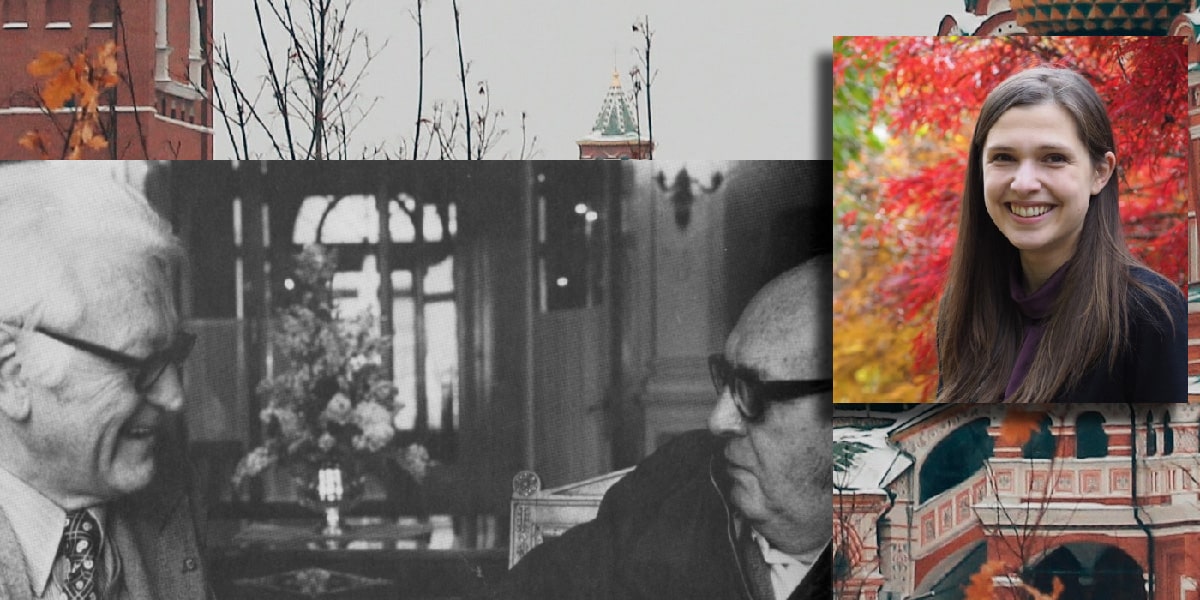
Tatyana Gershkovich Awarded Gene Barabtarlo Prize
By Meghan Marino Email
Media InquiriesThe Department of Modern Languages at Carnegie Mellon University is honored to congratulate Tatyana Gershkovich, assistant professor of Russian studies whose article titled, “Suspicion on Trial: Tolstoy’s The Kreutzer Sonata and Nabokov’s ‘Pozdnyshev’s Address’” was awarded the 2020 Gene Barabtarlo Prize for best essay on Nabokov by the International Vladimir Nabokov Society.
In her perceptive research, Gershkovich explores the ties between Russian writers Leo Tolstoy and Vladimir Nabokov, specifically their complicated relationship with elements of suspicion. “The idea that we might become imprisoned by our own habits of thought haunted Tolstoy throughout his life,” Gershkovich writes, “His dread of it inspired Victor Shklovsky’s theory that art serves to defamiliarize our lived experience.” Gershkovich then draws comparison to Nabokov whose “ concern, also lifelong, about the blindness induced by our own obsessions is manifested in the tragic solipsists and egomaniacs who populate his fiction.” As Gershkovich concludes,“(...) Tolstoy and Nabokov could neither fully endorse suspicion nor fully disallow it, neither demand credulity from their readers nor prohibit it. Instead, each author negotiated - and has his readers negotiate - what Gabriel Jospipovici has called a ‘dialectic of trust and suspicion’.”
When confronted with the question of “Why The Kreutzer Sonata and ‘Pozdnyshev’s Address’?” Gershkovich states that Tolstoy and Nabokov seem “diametrically opposed” when it comes to matters of ethics and aesthetics. “But whenever I read their works,” Gershkovich continues, “I’m struck most of all by their subterranean affinities.” Gershkovich’s fascination with the topic of suspicion is evident in her work and celebrated by the International Vladimir Nabokov Society judges.
The judges praised Gershkovich’s “provocative, original, sophisticated, and thoroughly researched essay,” declaring that, “Gershkovich’s investigation of what she calls ‘Nabokov’s departures from Tolstoy’ sheds light on the evolution of Nabokovian ethics and aesthetics” and “illuminates Nabokov’s overall development as a writer and the pervasive tension, in all his work, between playfully ironic aesthetic complexity and awareness of human suffering.”
Tatyana Gershkovich is currently venturing into her second book, Tolstoy Red and White: 1920-1928, which will juxtapose Tolstoy’s “literary and philosophical afterlife in the Soviet Union and in the post-Revolutionary Russian emigration”. Gershkovich is simultaneously writing essays, one of which utilizes machine learning to investigate Russian-language diaries and “examines how diary writers reflect on their own writing practice”.
